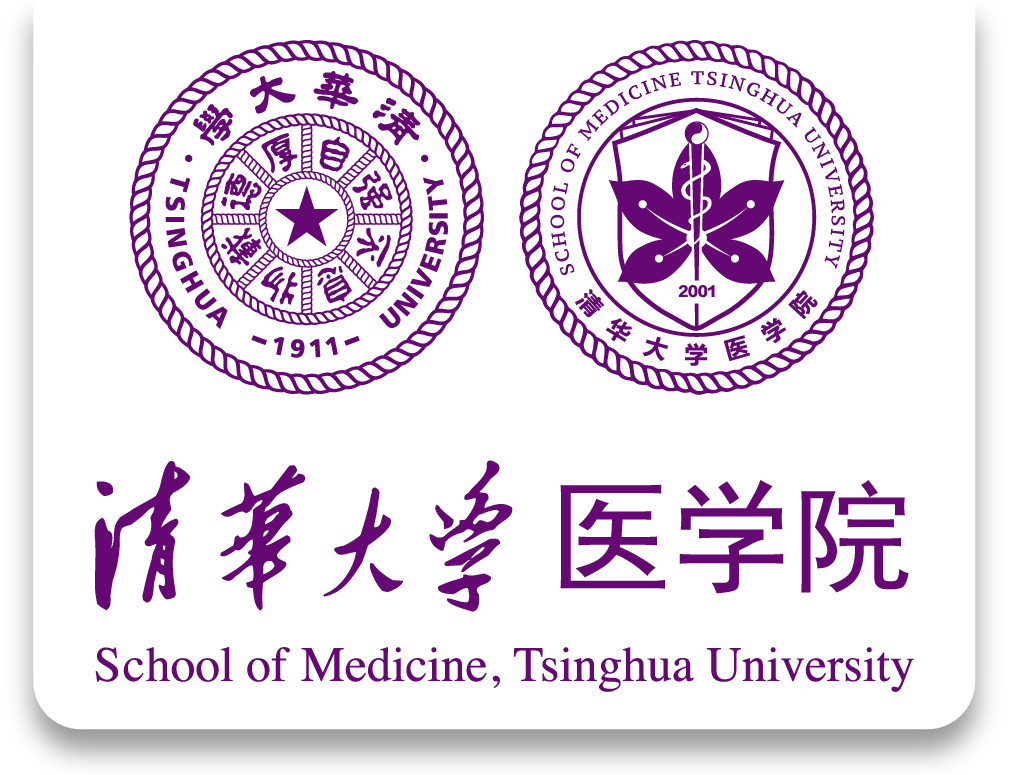

Who We Are
Our Work
The Center for Biomedical Imaging Research (CBIR) is a multidisciplinary research institution dedicated to advancing the field of biomedical imaging. It focuses on developing innovative imaging technologies and methodologies to enhance the diagnosis, monitoring, and treatment of various medical conditions. CBIR brings together experts from diverse fields such as radiology, engineering, physics, and computer science to collaborate on cutting-edge projects. The center aims to push the boundaries of medical imaging by integrating advanced imaging techniques with computational analysis, ultimately improving patient care and outcomes.
Our research group, part of CBIR, primarily focuses on quantifying medical imaging parameters through mathematical modeling, computational modeling, and deep learning. We apply these advanced techniques to a wide range of diseases, with particular emphasis on carotid artery atherosclerosis, liver cancer, and heart diseases. Our interdisciplinary approach aims to improve diagnostic accuracy and treatment outcomes, contributing significantly to the field of biomedical imaging.
Our Guiding Principles
- Dr. Chen is known for his commitment to mentoring students, providing personalized guidance, and fostering a collaborative research environment. Students have access to regular meetings, feedback sessions, and career advice.
- The lab offers opportunities for students to present their research at conferences, publish in leading journals, and network with professionals in the field.
- The SmartImaging Lab provides expertise in Integrating AI and deep learning techniques to enhance image analysis, improve diagnostic accuracy, and automate imaging processes.
- The SmartImaging Lab tailores imaging solutions for specific diseases, aiming to improve diagnostic protocols and patient outcomes for conditions like cardiovascular diseases, cancer, and neurological disorders.
- The SmartImaging Lab supports both initial medical imaging project ideation and innovative new directions for existing projects.
- The SmartImaging Lab develops open-source software to facilitate clinical approaches to scientific research analysis.
Principal Investigator
Huijun Chen 陈慧军
PhD.
Huijun Chen is a Tenured Associate Professor of Department of Biomedical Engineering, School of Medicine, Tsinghua University. He got his Ph. D. degree in 2008 at Department of Mechanics, Peking University, and worked in Department of Radiology, University of Washington, Seattle from 2008 to 2012 as a Senior Fellow. He has been funded by the National Natural Science Foundation of China, National Key Research & Development, and Beijing Municipal Science & Technology Commission. He has published more than 70 SCI papers, including Radiology, MRM, Stroke, JACC imaging and JCMR. He also has more than 130 abstracts and several patents. He is a committee member of RSNA Quantitative Imaging Biomarker Alliance PDF-MRI Technical Committee and Chinese Society of Cerebral Blood Flow and Metabolism.
SmartImaging Lab
SmartImaging Lab provide a variety of project support, and offer research guidance to Tsinghua faculty, staff, and students.
Study With Us
Are you a Tsinghua graduate student interested in medical imaging analysis and in building research experience and expertise on medical imaging projects? Starting in Fall 2024, the Tsinghua SmartImaging Lab welcomes applicants for research intern.
ProgramsGraduate Students
Runyu Yang 杨润宇
BS.
Runyu Yang is a Ph.D. candidate in the Department of Biomedical Engineering at Tsinghua University, graduated from Northwest A&F University in 2019 with a B.S. degree in College of Sciences. His research focuses on advanced imaging techniques for fast MRl reconstruction and quantization.
Ziming Xu 徐子茗
BS.
Ziming Xu is currently a PhD student at the Center for Biomedical Imaging Research at Tsinghua University with Dr. Huijun Chen as her supervisor. Ziming received her BS from Sun Yet-sen University in 2020. Her research interest lies in the sequence design, pharmacokinetic modelling and clinical application of DCE-MRI in patients with cognitive impairment.
Haozhong Sun 孙浩中
BE.
Haozhong Sun is a Ph.D. candidate in the Department of Biomedical Engineering at Tsinghua University, where he also completed his undergraduate studies. His research focuses on advanced imaging techniques, particularly the application of convolutional neural networks for MRI reconstruction. Haozhong’s strong background in engineering and medical sciences supports his innovative work aimed at improving image quality and diagnostic accuracy.
Xiaoqi Lin 林小奇
Msc.
Xiaoqi Lin, formerly graduated from Imperial College London in 2021 with a Msc degree in Biomedical Engineering, working with wave intensity analysis, in particular evaluating its potential as a non-invasive method for diagnosing heart failure. Xiaoqi Lin is currently a PhD student in the department of Biomedical Engineering in Tsinghua, working with quantitative methods of prognosis and treatment decision for unresectable Hepatocelluar Carcinoma.
Rui Li 黎睿
BE.
Rui Li received the B.E. degree in Biomedical Engineering from the Beijing Institute of Technology, China, in 2022. She is currently pursuing her Ph.D. degree in Biomedical Engineering at the Center for Biomedical Imaging Research in Tsinghua University. Her current research interests include Interventional MRI for surgical guidance and real-time MRI reconstruction algorithms.
Haokun Li 李昊焜
BE.
Haokun Li is a Ph.D. student in the Department of Biomedical Engineering at Tsinghua University, where he also earned his undergraduate degree. His current research interests include medical image based tumor growth prediction and the development of accelerated MRI reconstruction algorithms.
Yan Li 李妍
BE.
Yan Li is a Ph.D. student in the Department of Biomedical Engineering at Tsinghua University, where she also earned her undergraduate degree. Her current research interest lies in clinical application of DCE-MRI in patients with intracranial aneurysm and dynamic MRI reconstruction.
Kaihan Yang 杨凯涵
BE.
Kaihan Yang received the B.E. degree in Computer Science and Technology from Xidian University, Xi’an, China, in 2024. He is currently pursuing Ph.D. in Biomedical Engineering at the Center for Biomedical Imaging Research at Tsinghua University. His current research interests include deep learning, MRI image reconstruction, and medical image segmentation.
Our Partners and Collaborators
The SmartImaging Lab collaborates with other Tsinghua departments and national hospitals, along with external organizations to fulfill our mission. These include:
- Other units within Tsinghua University, including the Department of Automation, Department of Computer Science, and the School of clinical medicine
- Beijing Changgung Hospital
- Beijing Jishuitan Hospital
- Wuhan Xiehe Hospital